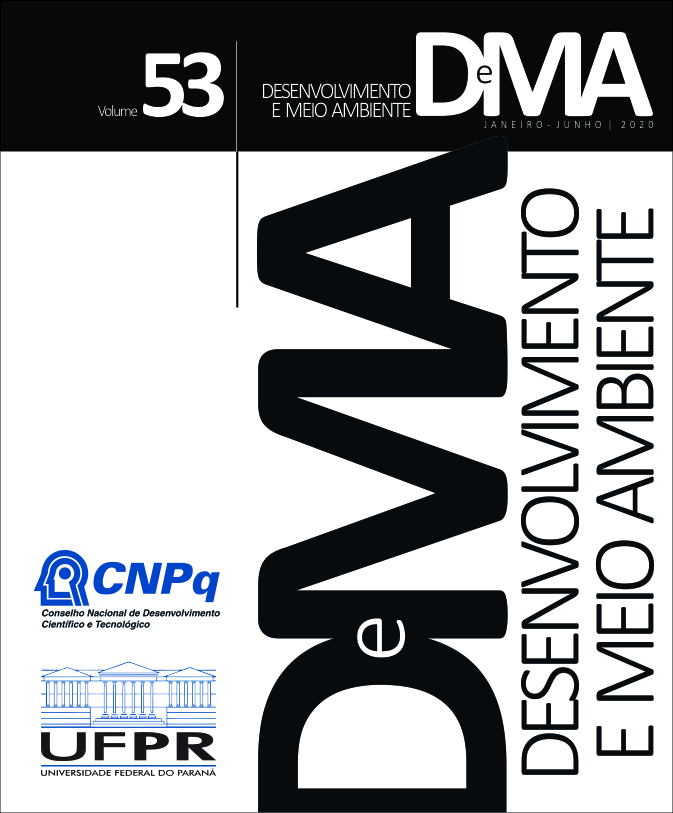Disaster risk management as a process to forge climate-resilient pathways: lessons learned from Cabo Verde
DOI:
https://doi.org/10.5380/dma.v53i0.67345Palavras-chave:
Mainstreaming Adaptation and Disaster Reduction into Development Program Methodology (MADRiD), Index for Risk Management Methodology (INFORM), Situational Analysis, Disaster Risk Reduction (DRR), The Sahel, Small Island Development States (SIDS)Resumo
Recurrently drought, high food prices, conflict, and market distortions are some of the mutually reinforcing factors of vulnerability and instability affecting the building of sustainable development pathways in the world. In this regard, the linkages between Climate Change, Risk Reduction, and Sustainable Development are cross-cutting and complex. Through a situational analysis, the paper seeks a correlation between the observed impacts of climate change and disaster events on the development levels of a Sahelian Archipelagic Country —Cabo Verde —in recent decades (1970 to present). It seeks to demonstrate policymakers and civil society the crucial role of combined Disaster Risk Management (DRM) methodologies, National risk profile analysis, and Human Development Index (HDI) methodology and development policies as mutually supportive tools to build resilience. In its core components, the study seeks the understanding of emerging causes of risks by addressing resource gaps in the development of Caboverdian context-based DRR solutions and approaches to increase capacity to build Climate-Resilient Pathways in similar circumstances.
Downloads
Publicado
Como Citar
Edição
Seção
Licença
Os Direitos Autorais sobre trabalhos publicados nesta revista são do autor, com direitos de primeira publicação para a revista. O conteúdo dos trabalhos publicados é de inteira responsabilidade dos autores. A DMA é um periódico de acesso aberto (open access), e adota a licença Creative Commons Atribuição 4.0 Não Adaptada (CC-BY), desde janeiro de 2023. Portanto, ao serem publicados por esta Revista, os artigos são de livre uso para compartilhar (copiar e redistribuir o material em qualquer suporte ou formato para qualquer fim, mesmo que comercial) e adaptar (remixar, transformar, e criar a partir do material para qualquer fim, mesmo que comercial). É preciso dar o crédito apropriado, prover um link para a licença e indicar se mudanças foram feitas.
Os conteúdos publicados pela DMA do v. 53 de 2020 ao v. 60 de 2022 são protegidos pela licença Creative Commons Atribuição – Não Comercial – Sem Derivações 4.0 Internacional.
A DMA é uma revista de acesso aberto desde a sua criação, entretanto, do v.1 de 2000 ao v. 52 de 2019, o periódico não adotava uma licença Creative Commons e, portanto, o tipo de licença não é indicado na página inicial dos artigos.









.png)





